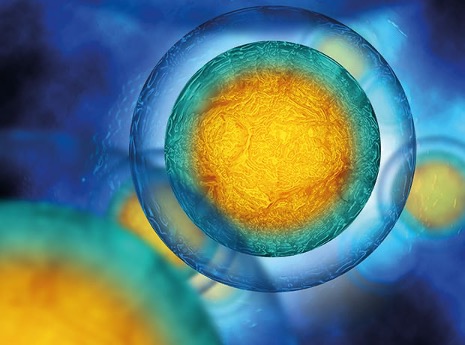US study reveals age-related skin changes could contribute to melanoma metastases
March 15, 2024
Source: drugdu
 287
287

Around 200,000 people in the US are expected to be diagnosed with the skin cancer this year
Researchers from the Johns Hopkins Kimmel Cancer Center have revealed that age-related changes in the skin could also contribute to higher rates of melanoma metastases, a form of skin cancer, in older people.
Recognised as the deadliest form of skin cancer, according to the Melanoma Research Foundation, melanoma is often caused by too much sun exposure.
In 2024, it is estimated that 200,000 people in the US will be diagnosed with the condition.
Published in Nature Aging, the study showed that increased stiffness in ageing skin increases the release of ICAM1, a protein that regulates endothelial and epithelial barrier function, stimulating blood vessel growth in the tumour and promoting its growth.
Researchers treated older mice with melanoma with drugs that block ICAM1 by reducing a gene known as HAPLN1, which indirectly increases ICAM1 levels by causing stiffening that alters cellular signalling.
When ICAM1 is increased, it contributes to angiogenesis, the growth of new blood vessels that supply tumours with nutrients to help them grow, causing leaky blood vessels to make it easier for tumour cells to escape from the initial tumour site and spread around the body.
Results showed that treating melanoma with drugs that block ICAM1 prevented these changes, shrunk their tumours and reduced metastasis.
The team is now exploring ICAM1’s activities to potentially develop more precise ways of targeting it with drugs, leading to new approaches to treating older people with melanoma.
Additionally, the findings could also offer new approaches to treating other age-related cancers as well as understanding how age-related changes can contribute to cardiovascular disease or strokes.
Ashani Weeraratna, associate director for laboratory research, Johns Hopkins Kimmel Cancer Center, and professor of oncology, Johns Hopkins University School of Medicine, said: “We know that age-related angiogenesis is important in many different cancers and multiple aspects of health and disease.
“Finding a new way to target that in different tumour types could have a big impact.”
https://pharmatimes.com/news/us-study-reveals-age-related-skin-changes-could-contribute-to-melanoma-metastases/
By editorRead more on
- Gusekirumab Injection Accepted by CDE, Multiple Pipelines Advancing Simultaneously March 4, 2026
- Yifan Pharmaceutical’s teriparatide injection has been accepted by the CDE (Center for Drug Evaluation), adding a new domestic player to the osteoporosis treatment field March 4, 2026
- //news.yaozh.com/archive/47318.html PD-1 sales surge March 4, 2026
- A major breakthrough! Roche’s oral BTK inhibitor achieves its third Phase III clinical trial victory, a game-changer in the multi-billion dollar MS (manufactured pharmaceuticals) market. March 4, 2026
- GB19 Injection Approved for Clinical Trials of Cutaneous Lupus Erythematosus March 4, 2026
your submission has already been received.
OK
Subscribe
Please enter a valid Email address!
Submit
The most relevant industry news & insight will be sent to you every two weeks.



